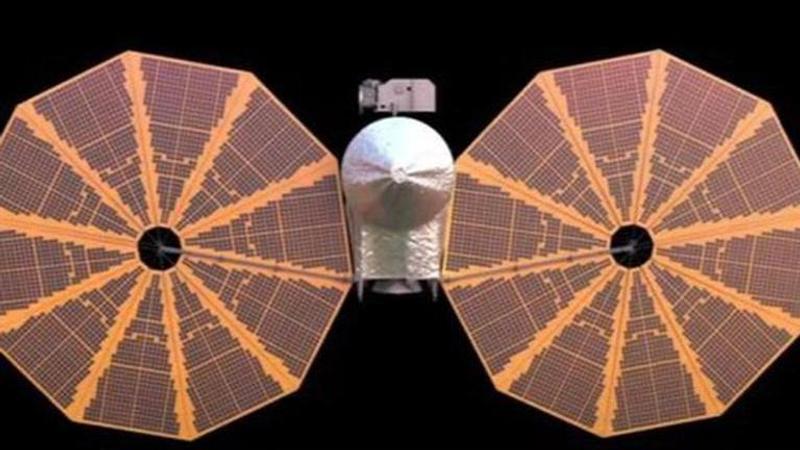Published 07:03 IST, August 7th 2020
NASA prepares to launch Lucy mission to explore unique group of asteroids near Jupiter
In the mission, NASA will explore the origins of life’s building blocks among some of the most primitive objects in the solar system like the Trojan asteroids.

Advertisement
NASA plans to launch a rocket in October 2021 to study a unique group of asteroids near Jupiter. According to a press note, the US space agency, under the Lucy mission, will be exploring the origins of life’s building blocks among some of the most primitive objects in the solar system, the Trojan asteroids.
Despite the COVID-19 pandemic, NASA informed that the mission moved one step closer as last week as researchers and engineers begin the testing and integration phase of the project.
Lucy Principal Investigator Hal Levison, of the Southwest Research Institute in Boulder, Colorado, said, “No one anticipated that we would be building a spacecraft under these circumstances. But I once again have been impressed by this team's creativity and resiliency to overcome any challenge placed before them”.
NASA concluded a critical System Integration Review of the mission which ensured segments, components, and subsystems, scientific instrumentation, electrical and communication systems, and navigation systems are on schedule. It also confirmed that facilities, support personnel, and plans and procedures are on schedule to support integration.
The successful completion of System Integration Review means that the project can now proceed with assembling and testing the spacecraft in preparations for the launch. However, according to the press release, independent reviews will also be conducting another study of the mission sometime later this year.
Lucy Mission
Lucy, named after the famous human ancestor skeleton, will be the first mission to study the Trojan asteroids, which is a population of small bodies orbiting the Sun 'leading' and 'tailing' Jupiter and are at the same distance from the Sun as the gas giant.
It will also be the first mission in history to explore so many different destinations in independent orbits around the Sun. It will swing past eight different asteroids, one in the main Asteroid Belt and seven in the Trojan swarms.
NASA informed that the spacecraft will map craters and identify key minerals on the asteroid’s surface and take other detailed observations of the rocky object. Lucy will also be hunting for asteroids that may have rings or even their own moons.
The 45-foot-long spacecraft will have a set of massive solar panels and four instruments to help it explore the primordial object. Moreover, Lucy will also have a set of cameras onboard to help guide it through the field of the asteroid.
07:03 IST, August 7th 2020



